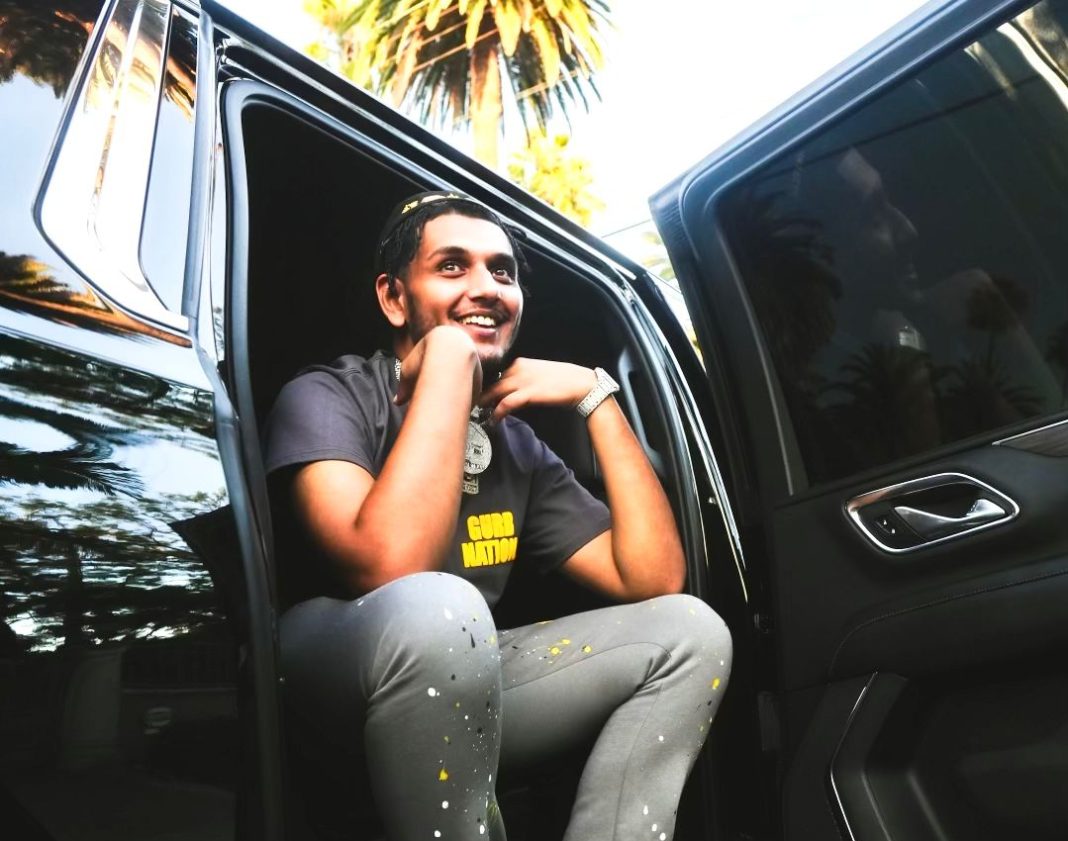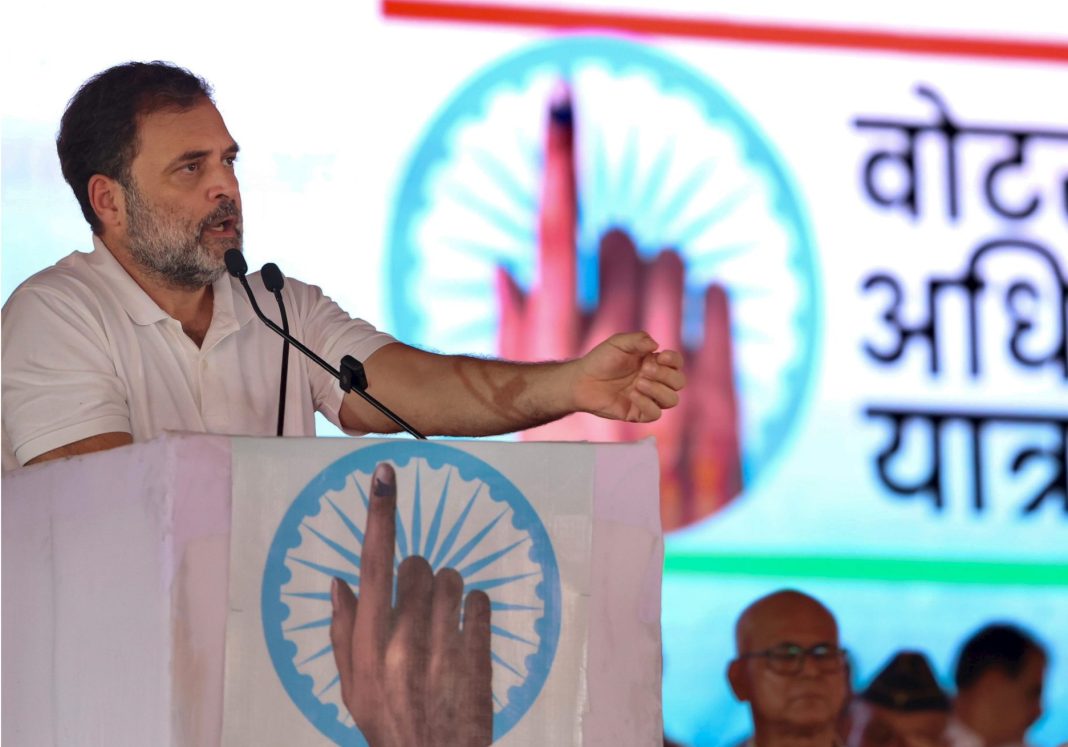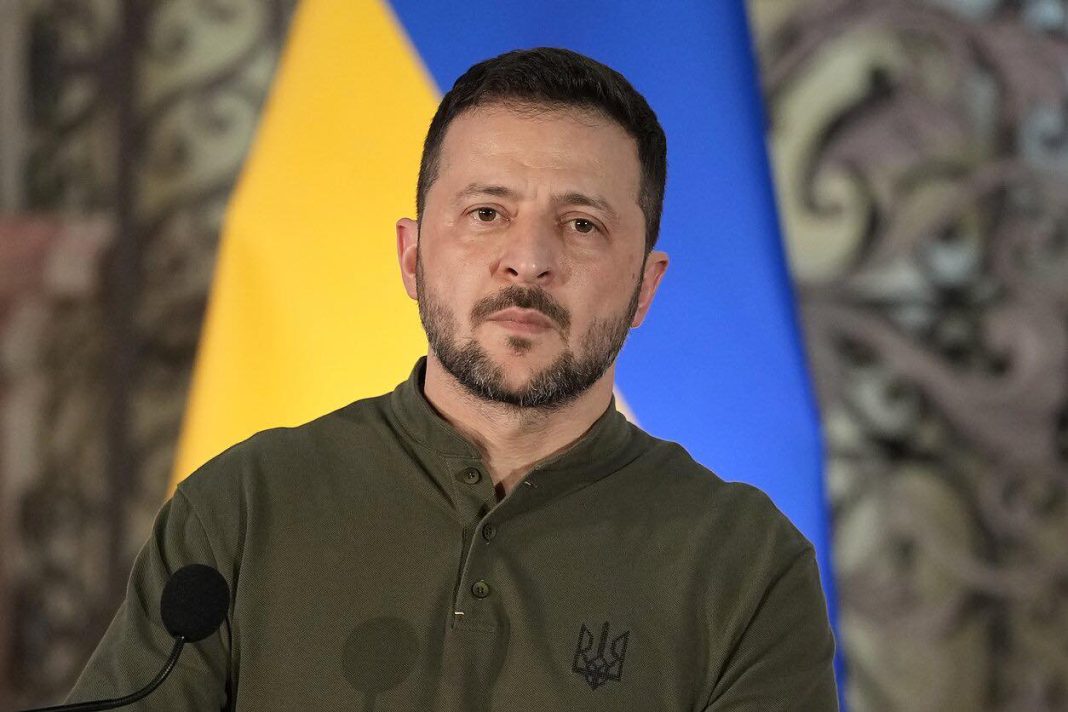By Caleb Davis Payton
Los Angeles, Aug 18: In a world where rappers argue about streams, bars, and ghostwriters, Illah has rewritten the rules. Not with a mixtape—but with history—as the first international rapper to plug himself into the cloud and drop a verse via AI.
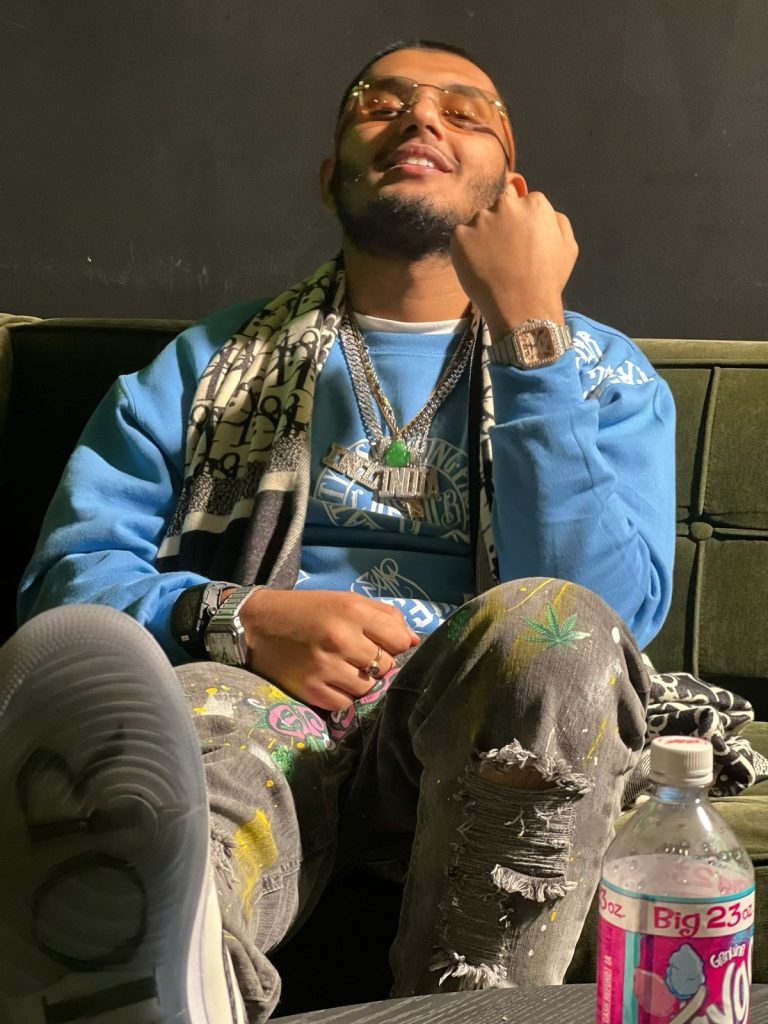
History in the Making
Illah, born Mayurath Sinh Gupta in New Delhi, has been rewriting his creative script in Los Angeles for over a decade. Today, he’s done what no other artist—Indian, American, or global—has dared to do. Through ftrftr.ai, Illah licensed his own voice as an AI model: type a verse, feed it to the system, and receive a track back in his unmistakable tone—raw, rhythmic, and carefully calibrated to his own swagger.
“It’s not a gimmick,” he insists. “I’m the first to do this in rap. This is me placing my voice in the cloud—so the world can collaborate with me anytime, even when I’m not recording.”
It’s a landmark moment not just for one artist, but for hip‑hop itself: a future where artists become platforms, performances can be programmable, and legacies are designed to outlive the body.
From Delhi’s Backstreets to Hollywood Studios
Illah’s path is as unlikely as it is compelling. Growing up in a city where hip‑hop was barely visible in the mainstream, he caught rhythm in unlikely places—on city buses, in underground poetry rooms, through grainy videos traded between friends.
When he moved to California, he landed in Compton and honed his craft at the Musicians Institute, Hollywood. After earning his diploma, he graduated with honors from the Los Angeles Film School (LAFS) with a Bachelor’s in Entertainment Business Studies—a rare blend of artistic training and industry know‑how.
His industry break came when JioSaavn, the LA‑based global music conglomerate, signed him to a $200,000 contract to produce music albums for their platform. Illah delivered successfully—merging Indian influences with West Coast energy—then pivoted to full independence, producing his own albums and taking complete creative control of his career.
From there, he made waves underground—collaborating with Ralfy The Plug and TOWNBOYNL—and earned recognition from Rolling Stone India for confronting stereotypes head‑on, both on the mic and in the industry.
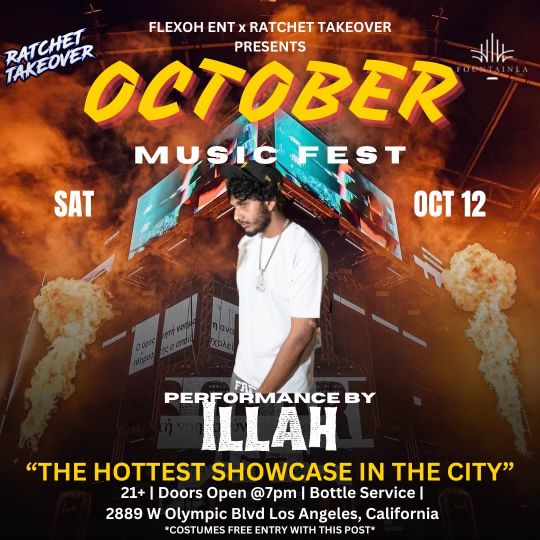
Inside the Illah AI Voice Model
On ftrftr.ai, the Illah AI Voice Model is described as “the first and only Illah AI voice model—crafted and fine‑tuned by top audio engineers for unparalleled quality.” Fans, producers, and fellow artists can submit lyrics or lines and receive them back as if Illah himself stepped into the booth.
This is artist‑branded AI: fully owned, licensed, and controlled by Illah. Unlike generic text‑to‑speech or cloning platforms, his model exists solely to extend his brand and artistry. It is equal parts instrument and identity—a way to scale his presence without surrendering authorship.
Three advantages stand out: (1) collaborators can work with his sound even when he’s offline; (2) producers can cut latency and logistics by layering his voice without a studio booking; (3) his audio legacy becomes preservation‑ready—like a sonic will that keeps performing on schedule, not memorial.
Why This Matters Now
AI in music is no longer science fiction—it’s process. But most moves in the space have been cautious or corporate. Illah’s model flips the script: he’s not being cloned; he’s being licensed. That distinction changes everything: it’s the difference between exploitation and empowerment.
With this, three new doors open wide:
• Collaboration without Borders: Any songwriter worldwide can feature his voice instantly, collapsing geography into workflow.
• Always‑On Creativity: Whether he’s touring or off the grid, his voice remains available for authorized projects.
• Legacy Locked: His timbre is future‑proofed—usable on authorized releases decades from now.
“This is future‑proof artistry,” Illah says. “If I stopped recording tomorrow, my voice could still drop music next week.”
Industry Context
Across the industry, major players are sprinting to formalize AI. Universal Music Group’s agreement with SoundLabs brings a responsibly trained vocal‑modeling plug‑in, MicDrop, to rostered artists—a sign that labels want official, consent‑driven models rather than random clones circulating online. At the same time, lawsuits against AI music startups and platform moderation crises show how high the stakes have become. The core issues—consent, compensation, and control—are redefining what it means to ‘own’ a voice in 2025.
Placed in that frame, Illah’s approach is instructive: his model is opt‑in, artist‑owned, and rights‑managed. It’s not about a faceless machine; it’s about a human identity learning to scale.
The Business of Voice Ownership
Owning your master recordings has long been gospel in hip‑hop. Illah pushes that logic to the next layer: owning the **model** of your voice. Practically, that means clear licensing terms, transparent usage permissions, and revenue share mechanics that credit the artist even when he isn’t physically in the booth.
For brands and filmmakers, the benefits are obvious: predictable timelines, consistent vocal delivery, and permissioned usage that avoids the legal exposure of unauthorized clones. For younger artists, it’s a playbook: protect your voice, license your likeness, and treat your timbre as IP.
Comparing the Field: Illah vs. Industry AI Models
Ownership: Artist‑licensed; Illah controls distribution vs. platform‑run, generic cloning.
Branding: Strong, artist‑specific identity vs. anonymous voice libraries.
Purpose: Designed for rap, collaboration, legacy vs. broad TTS use cases.
Innovation: First rapper to treat an AI voice model as a frontline creative asset, not just a novelty effect.
Ethics, Consent, and Culture
Skeptics say AI bleaches culture; that it can’t channel memory, pain, or place. Illah answers that by putting consent and authorship at the center. His model does not erase the human—it scales him. It is still one artist’s instrument, tuned to one life’s frequency.
There are lines he won’t cross: unauthorized political messaging in his voice; off‑brand endorsements that dilute a hard‑won identity; synthetic outputs that mislead audiences about what is ‘live.’ In other words, the tech is powerful, but the ethics are as deliberate as the beats per minute.
What Comes Next
Expect an ecosystem around the model: stems and sample packs authorized for producers; creative prompts to co‑write with fans; timed releases where community‑generated hooks are minted into official drops. On the education side, Illah has the pedigree to teach: from Musicians Institute and LAFS to the lived reality of L.A. studios and independent releases.
The point isn’t to replace artists—it’s to rewire production. If the twentieth century scaled distribution (radio, CDs, streaming), the twenty‑first will scale **presence**. Illah’s booth just got bigger; the door is now global.
The Broader Takeaway
In a world where AI can be as faceless as it is powerful, Illah’s model argues for identity first, technology second. His voice isn’t a filter; it’s his signature. By licensing a model of that signature, he’s building a bridge between human authorship and algorithmic scale. Whether it’s upcoming rappers paying tribute or new artists inviting his cadence into their choruses, Illah’s sonic fingerprint is built to last.
The booth—and maybe the business of hip‑hop itself—will never be quite the same.

